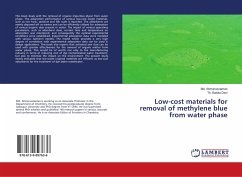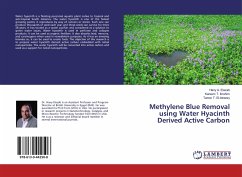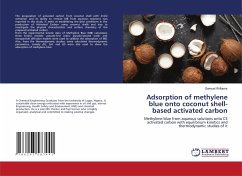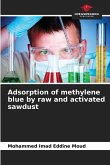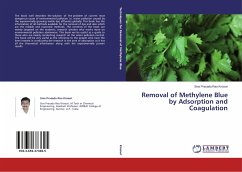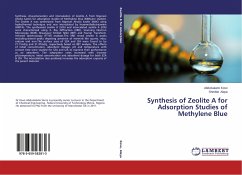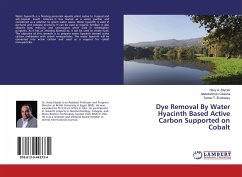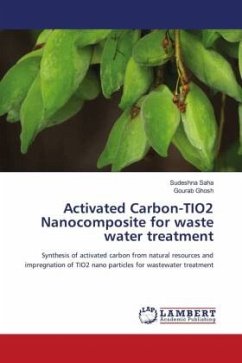This book deals with the removal of organic impurities (dyes) from water phase. The adsorption performance of various low-cost waste materials, such as rice husk, sawdust and fish scale is reported. The adsorbents are mainly disposed off as wastes and can be efficiently utilized for adsorption of various organic dyes present in water. The impact of various operating parameters, such as adsorbent dose, contact time and temperature on adsorption was monitored, and consequently the optimal experimental conditions were established. Experimental adsorption data were modeled with various isotherm models. The model which provides a very high degree of correlation with experimental adsorption data can be used in design applications. This book also reports that activated saw dust can be used with greater effectiveness for the removal of organic matter from water phase. This would be of worth not only to the manufacturing industry in terms of reducing cost of dye contaminated water treatment, but also to minimize the impact on the environment. The present study clearly indicated that bio-waste inspired materials are efficient as low-cost adsorbents for the treatment of dye laden wastewater.
Bitte wählen Sie Ihr Anliegen aus.
Rechnungen
Retourenschein anfordern
Bestellstatus
Storno

